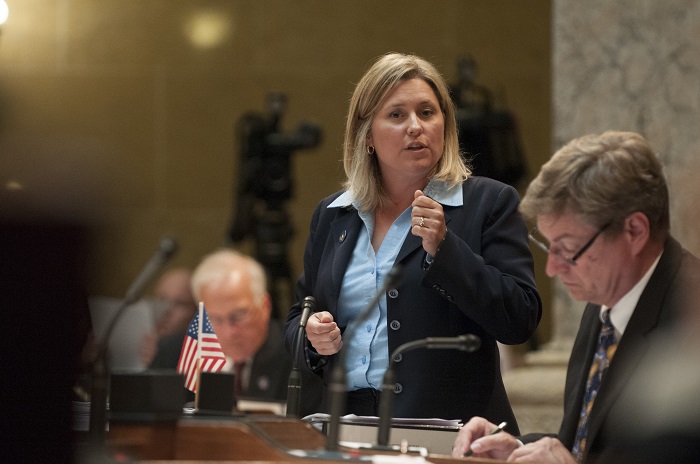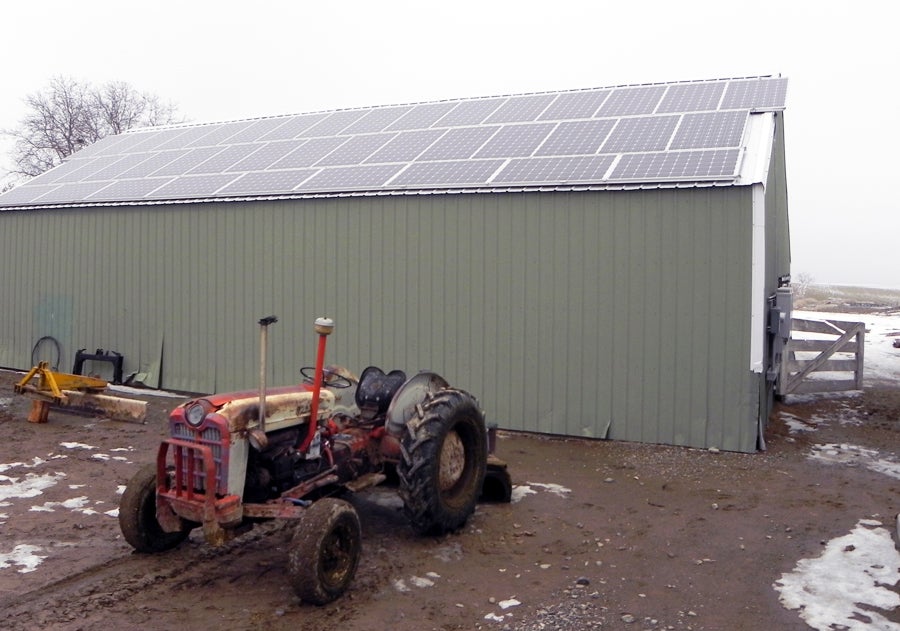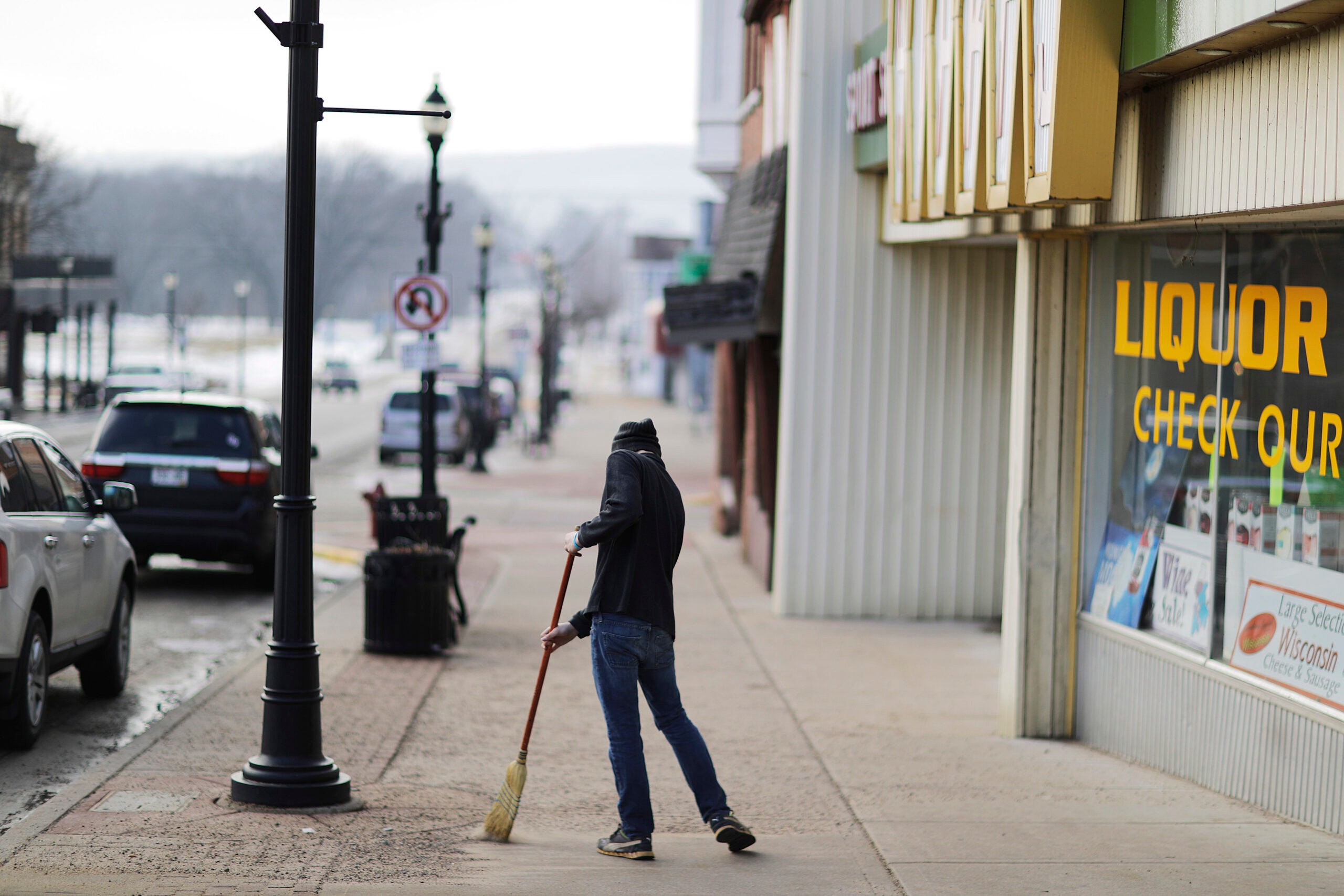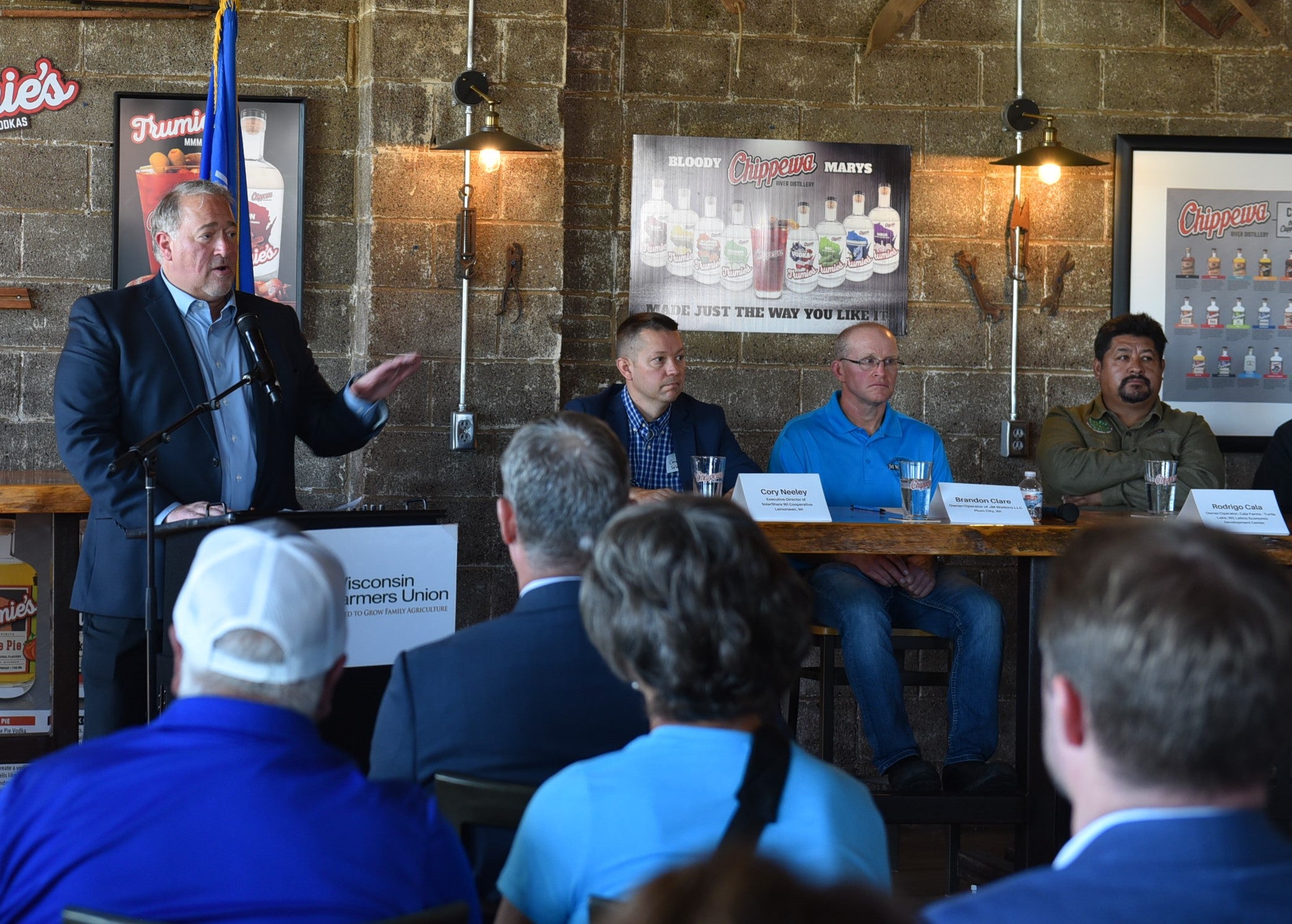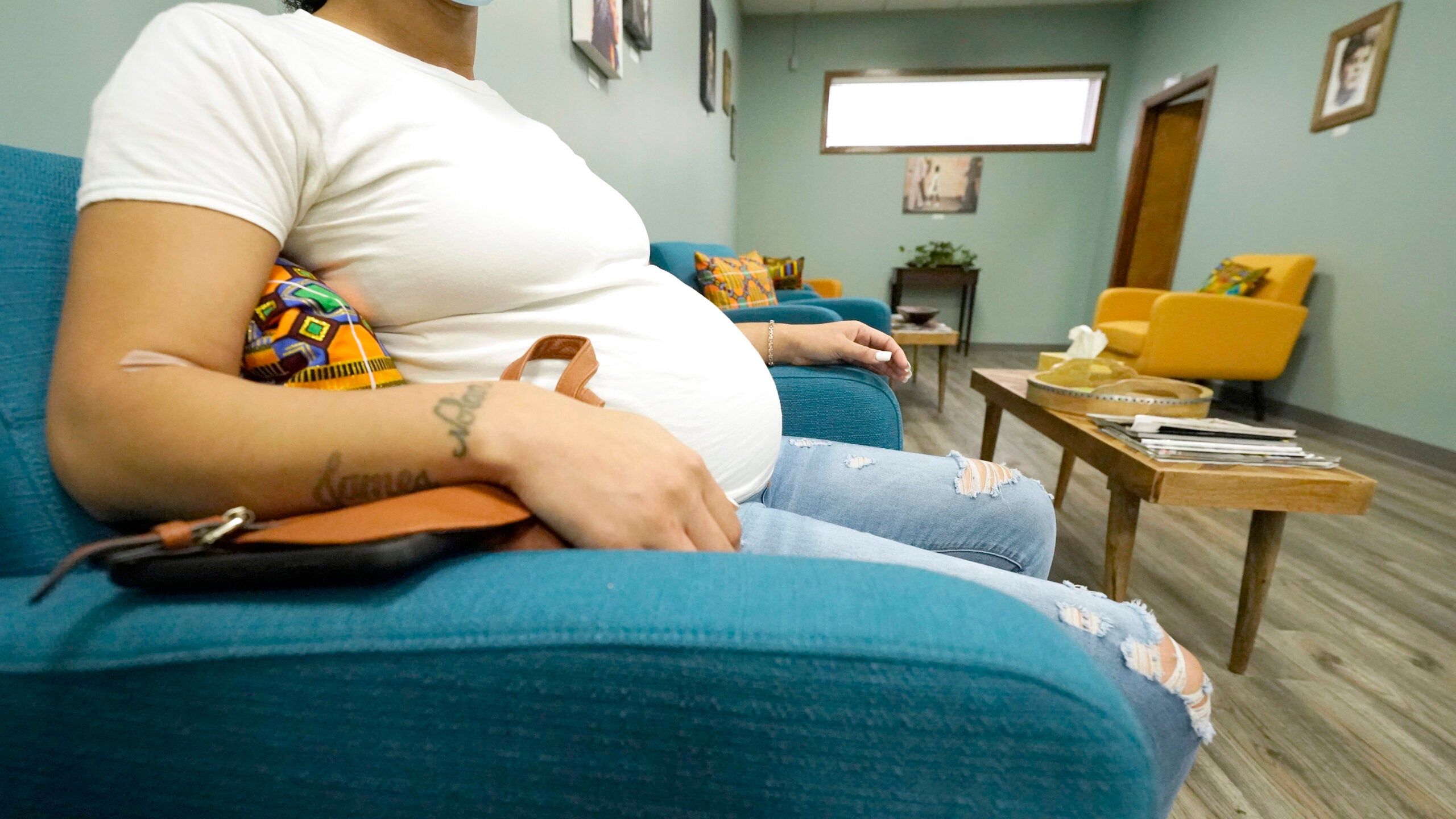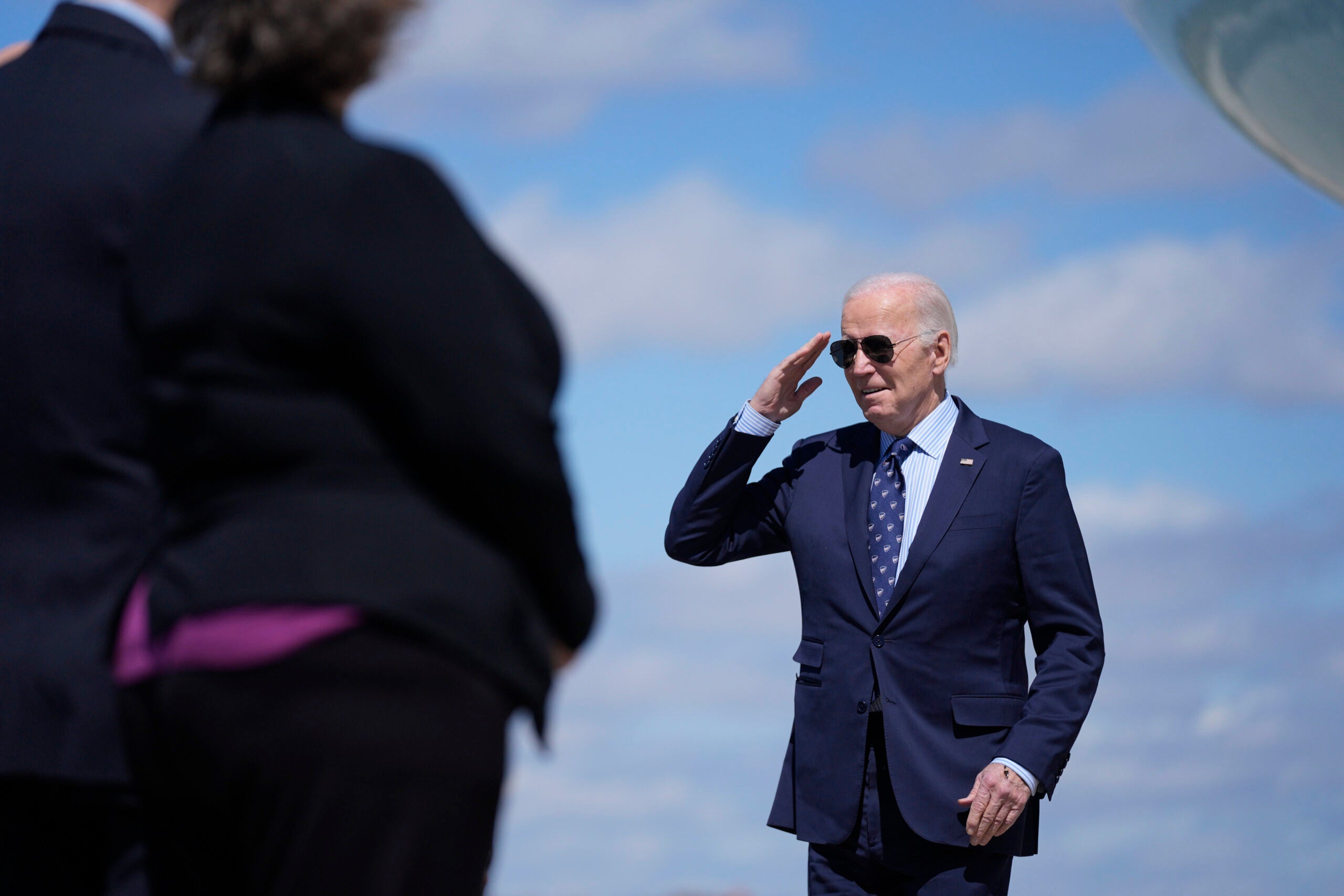A group of bipartisan lawmakers have introduced a bill that would provide student loan relief to people who relocate to rural areas.
Under the Growing Rural Opportunities and Workforce in Wisconsin Program that would be created under the bill, the state government and rural counties would pay for up to 20 percent of a person’s outstanding student loan debt. An individual could receive at most $15,000 over five years, through matching state and county payments of up to $1,500 for each year they reside in a rural community.
Sen. Julie Lassa, D-Stevens Point, introduced the bill in the Senate with Sen. Luther Olsen, R-Ripon, while Reps. Warren Petryk, R-Eleva, and Nick Milroy, D-South Range, introduced the bill into the Assembly.
Stay informed on the latest news
Sign up for WPR’s email newsletter.
Lassa said rural areas are seeing a shortage of skilled workers.
“This is one of the ways that can really help individuals pay down that loan debt while also helping local communities grow their local economies,” she said.
The GROW Wisconsin program is modeled after a program in Kansas that helped draw young people to rural areas. Lassa said it also stems from discussions among the Governor’s Council on Workforce Investment.
When asked whether counties would have funds to contribute, Lassa said businesses or communities could also assist with paying off an individual’s student debt. Milroy emphasized that that an influx of people would be a boon for those businesses and municipalities.
“One of the reasons why counties are struggling for money is because a lot of educated people have had to relocate to large metropolitan areas in order to find work,” said Milroy. “If counties jump on board with this, it’s really going to bolster the tax base of these local communities.”
In a press release, Petryk said the state needs to do its part to attract skilled workers to rural areas.
“I have heard from many business owners around our district who are in desperate need of workers, and with the passage of this legislation, we will be able to help our rural communities find the talented workforce they need,” he wrote in the release.
The Higher Educational Aids Board would run the program.
Counties that qualify as rural would have to commit to offering the payments for at least five years if they choose to take part. Lassa said whether counties qualify as rural would be defined by federal criteria that’s set by the Office of Management and Budget. She added that people with outstanding loan debt who already live in rural areas would not be able to take part in the program.
If passed, Lassa said the program could be rolled out within the next couple years.
Petryk and Olsen could not be immediately reached for comment on Tuesday.
Wisconsin Public Radio, © Copyright 2024, Board of Regents of the University of Wisconsin System and Wisconsin Educational Communications Board.

